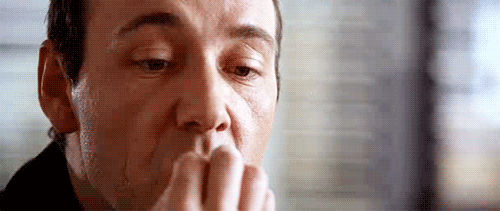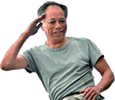Mali's traditional healers unlock herbal cures (Reuters)
"Culturally, we're born into traditional medicine rather than Western medicine. From being babies, our mothers take us to traditional healers to clean us and cure us with plants," Soumaoro told Reuters.
"The story of modern medicine is foreign to our culture."
Mali's government is one of few in Africa to formally recognize the benefits of traditional healers. Its scientists test the healers' methods and give them a seal of approval.
"This system is unique in Africa and is said by many to be a model for the rest of the developing countries that rely on traditional medicine,"
"I do not think (traditional African medicine) is taken seriously enough ... this type of treatment can be just as good as ours in many cases,"
African medicine was often feared by the Europeans who colonized the continent.
Some believed traditional cures were part of dangerous black magic ceremonies and, although the system continued to thrive, it was largely driven underground.
Traditional medicine still finds plenty of skeptics in the Western medical profession but has been making a comeback since the era of independence in the 1960s.
Just as colonizers feared African methods, so too many Malians view Western medicine with suspicion, regarding it as overpriced and not tailored to
curing local ailments which their ancestors have been treating for generations.






























